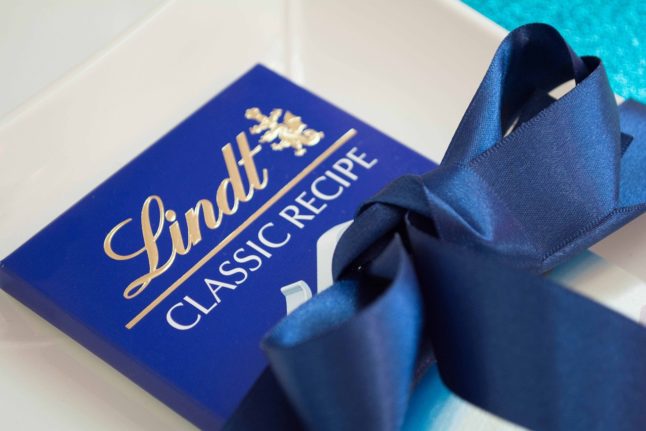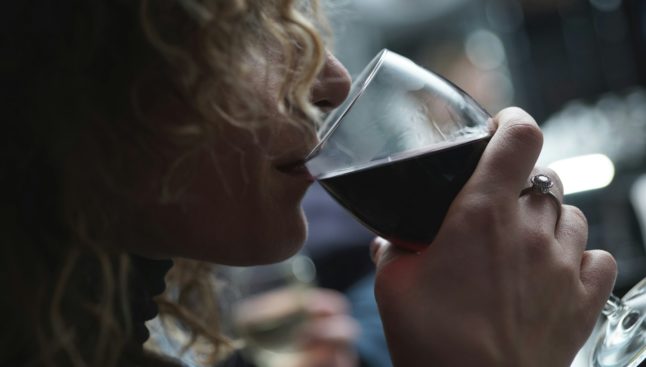Yes, there is still plenty of chocolate in Switzerland, so you can breathe a sigh of relief on that score.
But a headline on a press release published on Tuesday by the producers’ umbrella group, Chocosuisse, is worrisome: “Raw material prices and political challenges weigh on Swiss chocolate manufacturers,” it says.
What is this about?
“Last year, total sales of Swiss chocolate did not increase,” the association said. “The outlook is clouded by high raw material costs and regulatory burdens. It is therefore crucial that policymakers avoid imposing unnecessary and overly restrictive regulations” on the chocolate industry.
One problem is that per-person consumption of chocolate in Switzerland is in decline — even if it is a very slight one: each person duly consumed 10.9 kilos in 2023, which is 1 percent less than the previous year.
Another challenge are rising cocoa prices, which pose “significant challenges” for Swiss chocolate manufacturers.
In February, cocoa prices have increased to all-time highs, due to bad weather conditions which have damaged crop yields in West Africa, where three-quarters of the world’s cocoa production takes place.
This, in turn, has repercussions on Swiss chocolate industry.
Lindt, one of the country’s largest manufacturers and exporters of chocolate, had a good 2023 as sales rose but that was because it passed rising cocoa costs onto consumers.
The company, known for its Lindor pralines and golden chocolate Easter bunnies, said sales rose 4.6 percent to a record 5.2 billion Swiss francs ($6.0 billion). Sales would have risen even more without the strong Swiss franc.
But there was bad news last month for Swiss chocolate maker Barry Callebaut, when the company announced that it may cut almost one in five jobs over the next 18 months as part of efforts to cut costs.
On a political level, there are concerns as well, Chocosuisse says.
What are they?
Nearly half of Swiss chocolate exports go to the European Union.
However, the EU’s new ‘Farm to Fork Strategy’, which imposes strict criteria on food exports, will also “open the door to a vast scope of future regulations,” according to the association.
But those are not the only problems that leave a bitter taste in chocolate producers’ mouths.
That’s because when it comes to chocolate, the Swiss are not exactly neutral.
They are now involved in an international conflict of sorts, which pities Lindt against chocolate manufacturers in Turin over gianduiotti chocolates — which Italians claim is their creation, but Lindt claims as its own.
READ ALSO: Italian artisans take on Swiss giant Lindt



 Please whitelist us to continue reading.
Please whitelist us to continue reading.
Member comments